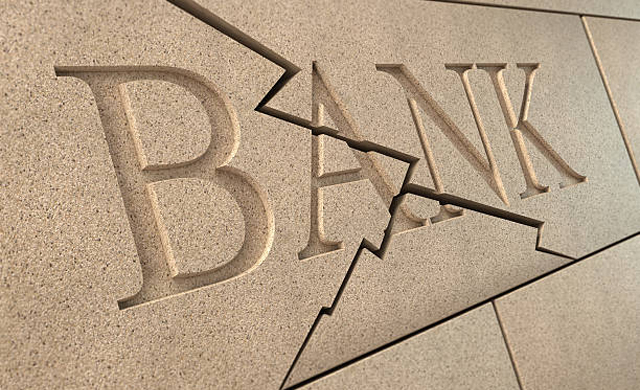The beleaguered RBS Group (LSE:RBS) came out swinging this morning in a sharply-worded statement, criticising Moody’s latest ratings released last evening. Although the group’s share price dropped slightly following the opening bell this morning, it quickly recovered and was at 243.00 pence by 1:00 p.m. UTC. Given the banks woes over the past year, and their efforts at recovery, it is understandable that the board would be indignant. Current frustrations with IT problems and the potential loss of £300 million that it expected to have in hand have probably exacerbated the matter for the board.
Current Frustrations
On Wednesday a computer glitch crippled RBS retail banking operations, whereby monies deposited or withdrawn, and the resultant change in balance, were not appearing on customer statements. Whilst the bank has been assuring its customers that “this problem is strictly of a technical nature,” its IT department has yet to resolve it. Generally speaking, people don’t care what’s causing the problem; they want their money. Three days into this fiasco some workers have been unable to collect on direct deposit wages and others have written cheques or been hit with automatic debits that have over-drafted their accounts, for which they will automatically be assessed a fine. Customer complaints are rampant. With the bank offering little more than expressions of sympathy, these are the kind of complaints that drive retail customers to change banks.
Compounding the problem is that it now appears that the bank may not receive £300 million that it had been expecting from the sale of 318 branches to Santander UK. The payout was contingent on those branches meeting defined performance standards. For whatever reasons, most likely the economic crunch being one of them, the branches have underperformed. Whether RBS will lose out entirely on the £300 million is yet to be seen, but it’s relatively certain that the premium will be reduced.
What Moody’s Did
Moody’s downgraded their long-term rating for all four of the UK’s major banks Thursday evening. RBS made it quite clear this morning that it did not appreciate the black eye that Moody’s had given them despite their efforts to turn things around at the bank. Both long and short term ratings for RBS and its subsidiaries either remained unchanged or were downgraded. For the RBS Group, its long term rating was downgraded from A3 to Baa1, whilst its short term rating of P-2 was unchanged. For Royal Bank of Scotland, its long term and short term ratings were downgraded from A2 to A3, and from P-1 to P-2, respectively.
The RBS Response
RBS pulled no punches, retorting that it “disagrees” with the changes, feels that the changes are “back-ward looking”, and that Moody’s has not given “adequate credit for the substantial improvements the Group has made to its balance sheet, funding and risk profile.” The board maintains that it has solid liquidity and funding to sustain additional pressures arising from the Euro-zone economic woes. To prove its point that it has made significant improvements, RBS cited the following:
- An improvement in loan to deposit ratio from 154% to 106%
- Its liquidity portfolio of £153 billion far overshadows it short term wholesale funding of £80 million
- Non-core assets have been reduced from £258 billion to £83 billion
- The Group has an excellent 10.8% Core Tier 1 capital ratio
- Core franchises have delivered an average return on equity of 12.5% in the three years preceding FY2012
It may be that RBS is justified in their response, but the rating changes were also based on factors outside the bank’s control, such as Moody’s opinion that there is a potential that government support of the bank could be lowered and that the uncertainties in the Euro-zone could escalate beyond current expectations. RBS countered the Euro-zone issue by reminding Moody’s that the bank has taken steps to lessen its exposure in that area.
Company Spotlight
The Royal Bank of Scotland Group is a banking and insurance holding company based in Edinburgh. The RBS Group operates a variety of banking brands in the business banking, private banking, insurance, and corporate finance industries in North America, Europe, and Asia. The main subsidiaries of the RBS Group include The Royal Bank of Scotland, National Westminster Bank, Ulster Bank, Drummonds, Coutts & Co. and Citizens Financial Group. In the insurance industry, RBS group owns Churchill Insurance, Direct Line, Privilege, and NIG.

 Hot Features
Hot Features













